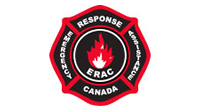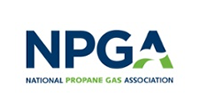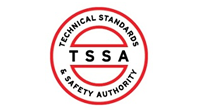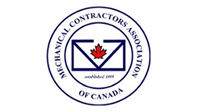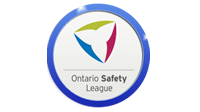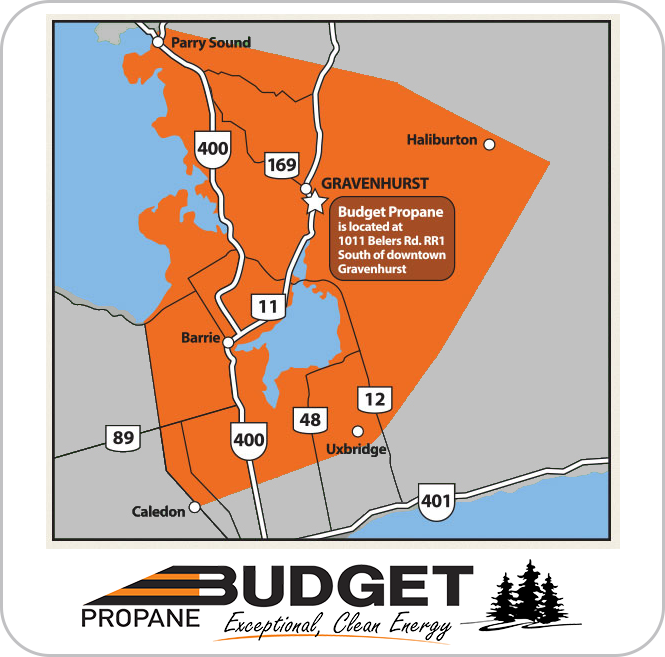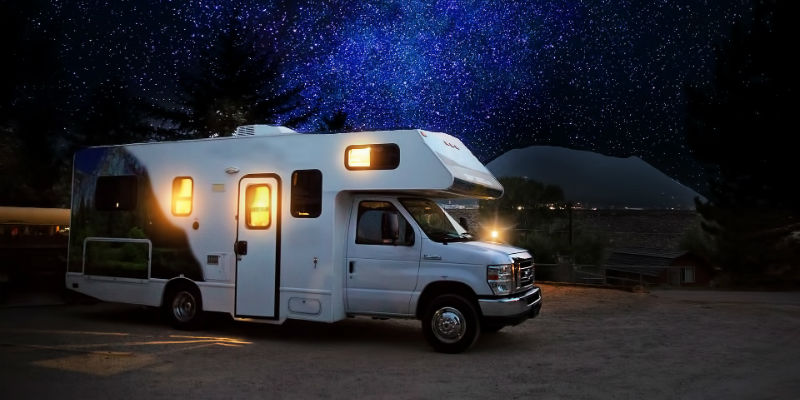
Summer is in full-flow and if you own an RV or motorhome then it’s time to get outside before winter pokes its head back around. An RV is a comfortable and enjoyable experience for you and your family, and using propane can improve your camping experience even further.
Propane is a great fuel for cooking, creating hot water and refrigeration and is far more environmentally friendly, cost-effective and safer than other energy sources.
To help you learn about the benefits of propane and your best options, Budget Propane Ontario has created an overview of propane, including the tank options open to you and how to safely use propane during your RV travels.
So, what are the benefits of propane?
Versatility - Propane is one of the most versatile fuels and it can be used for cooking, heating your RV in the chilly evenings of spring or fall, refrigerating your food and providing hot water.
Portability - Propane is around 270 times more compact as a liquid than gas, making it incredibly easy to store and transport as a liquid. This means propane is more economical and will last longer on your travels than gas.
The fact it’s more compact also means that, despite an RVs limited space, you can easily store and hide propane cylinders away from view.
Environmental impact - If you’re travelling in an RV it’s probably because you’re enjoying the beautiful landscapes that Ontario, and Canada as a whole, has to offer. Propane will help you to reduce your carbon footprint and protect those environments.
Propane is a clean burning, non-toxic, lead-free fuel that isn’t harmful to soil or water, and does not endanger the environment. It is not a greenhouse gas when released, and is removed from the atmosphere faster than it takes for it to have an impact on the climate.
Cost-effective - Propane is far more efficient than both gas and electric energy sources, and is actually one of the most cost-effective energy sources on the market. Propane will not only help reduce your consumption, but the price of propane is generally cheaper than oil or electricity.
What propane tank is the right option for an RV?
There are two types of propane containers commonly used in an RV - Cylinder or Tank. Cylinder refers to any portable propane storage container, while a tank commonly refers to a stationary propane container.
Most propane cylinders are vertical with a vapour withdrawal valve mounted on the top. However, horizontal cylinders and permanently mounted tanks are also available.
While propane tanks come in various sizes, the two most commonly used propane tanks for RVs are 20lb or 30lb. These are perfect for supplying your RV with enough energy, while at the same time not taking up too much space within your motorhome.
Propane safety tips for RVs
Propane is one of the safest energy sources on the market, but, as with all fuels, it’s important to learn how to properly handle propane with care, and what to do in the rare case of a leak or an emergency.
Here are a few safety tips:
- Arrange for regular propane equipment maintenance and inspections.
- Leave the RV and area if you smell propane. Familiarize yourself with the odour of propane, which smells like rotten eggs.
- Open a vent or window when using a propane stove or oven.
- Do not use stove burners or an oven for space heating.
- Do not use portable propane camping equipment inside of your RV.
- Leave your RV and seek medical attention if you are showing physical symptoms of CO poisoning (headaches, nausea, dizziness, drowsiness, confusion, impaired judgement, loss of manual dexterity).
- Transport propane containers in the upright position and secured.
- Never use, store, or transport propane cylinders or liquid fuels in the passenger space or living area of your RV.
- Do not transport or use propane containers that are damaged, show signs of corrosion, have been exposed to fire, or are leaking.
- After you exchange your propane cylinder, always check connections for leaks with an approved leak detector solution.
- Propane cylinders must be inspected and re-qualified every 10 years.
Looking for more information on using propane while you’re RVing? Contact us today.


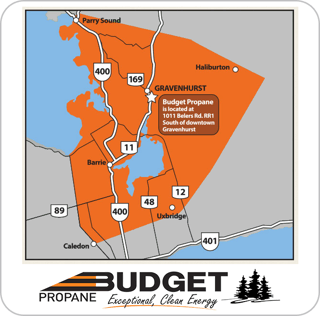



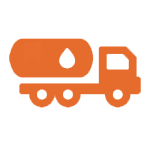



.png?width=250&height=110&name=Copy%20of%20Untitled%20(3).png)

